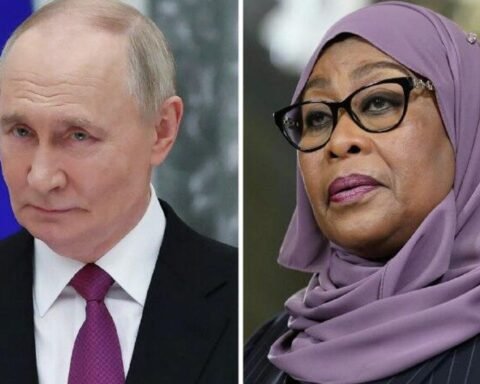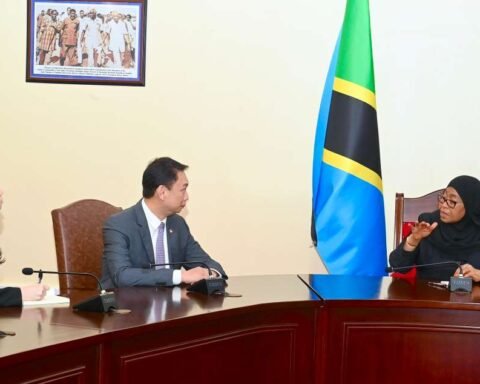In the bustling border town of Kigoma, where the waters of Lake Tanganyika meet the heart of western Tanzania, one issue continues to define everyday life identity.
For many locals, having a National Identification Authority (NIDA) card is not just about paperwork; it’s about belonging, access, and dignity.
On Monday, October 21, 2025, during a lively campaign rally in Rubuga Ward, ACT Wazalendo’s Kigoma Urban parliamentary candidate Zitto Kabwe vowed to make citizenship rights and access to identification a top priority if elected. His message was simple but powerful — every Kigoma resident deserves recognition from their own government.
“When a person from Kigoma is denied a NIDA card, it means they are being denied life,” he told the cheering crowd. “Without an ID, you can’t register a phone number, open a bank account, or even support your child’s education. Denying an ID means denying opportunity.”
Zitto’s remarks struck a deep emotional chord among the hundreds who gathered under the afternoon sun. Many nodded in agreement, knowing first-hand how difficult it has been to obtain the national ID — often being suspected of coming from neighboring Burundi or the Democratic Republic of the Congo simply because of their proximity to the border.
He emphasized that citizenship is not a favor granted by the state, but a right. “Kigoma is Tanzania,” he declared. “Its people are Tanzanians, and they deserve to be recognized as such.”
Beyond identity, Zitto used the rally to issue a stern warning ahead of the October 29 general election. He accused the ruling party of past manipulations and vowed that this time, his team would defend every vote. “We were bitten by the snake in 2020 and 2024,” he said to loud applause. “In 2025, we will kill that snake before it bites us again. We want a clean election where the people’s will is respected.”
Also Read: Sanae Takaichi Becomes Japan’s First Female Prime Ministerhttps://mediawireexpress.co.tz/sanae-takaichi-becomes-japans-first-female-prime-minister/
Among the attendees was a mother of three who shared her frustration after years of trying to secure her NIDA card. “We are Tanzanians, yet we’re treated as foreigners,” she said quietly. “Without that card, you can’t do anything — not even register a SIM card. It’s painful.”
Political observers believe Zitto’s focus on inclusion, fairness, and national recognition is resonating strongly across Kigoma. In a region where questions of nationality have long shaped social and economic life, his campaign’s emphasis on dignity and equality seems to be breathing new energy into the conversation about what it truly means to belong.
For many, Zitto’s message is not merely political — it’s deeply personal. It touches on their everyday struggles to be seen, counted, and respected as citizens of their own country. As the election day approaches, his promise echoes through Kigoma’s markets, fishing ports, and dusty streets: every Tanzanian deserves an identity — and a future built on fairness and recognition.







